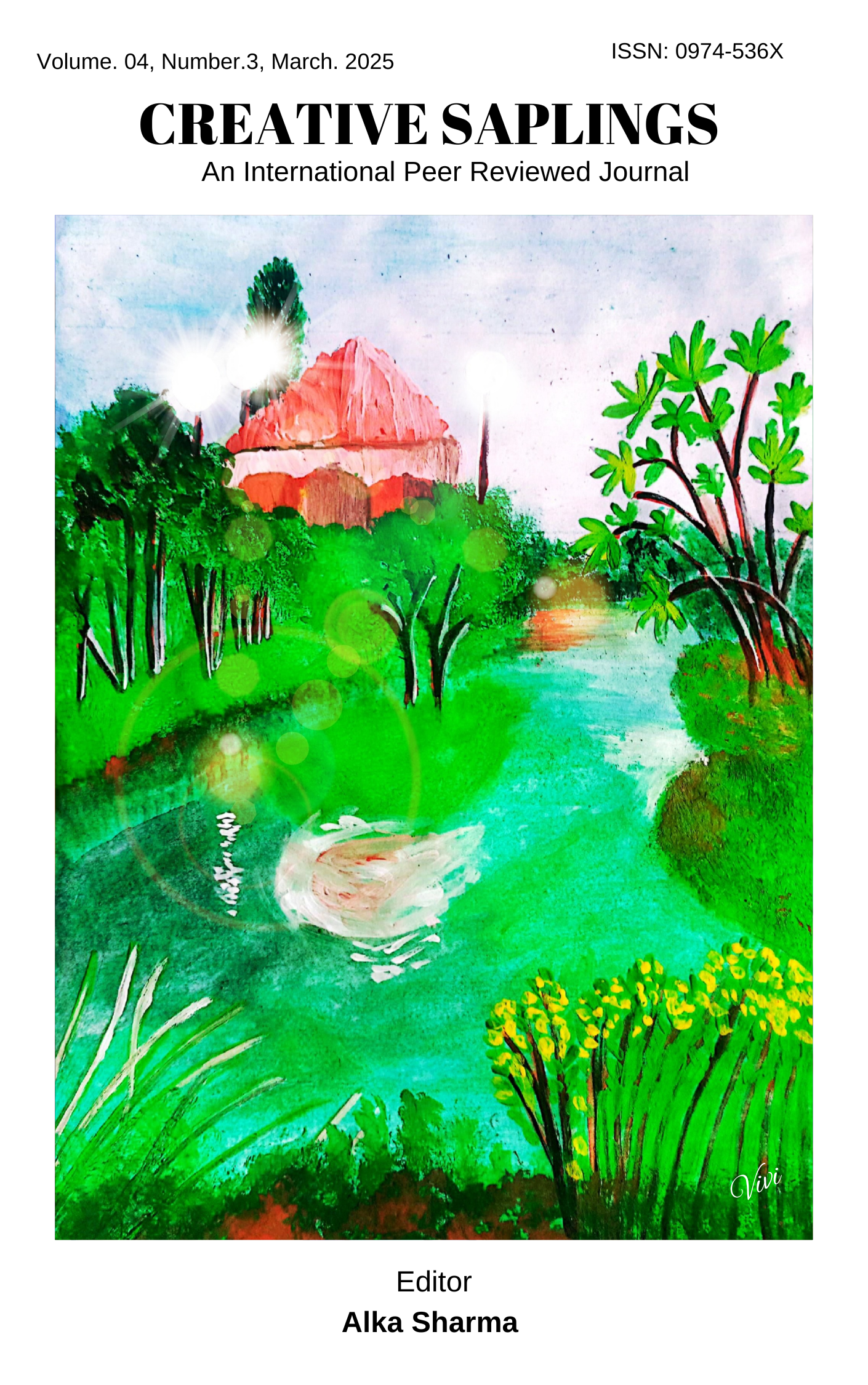Sant Kabir, Tulsi, and Krishna: A Comparative Study of the Doctrine of Karma and Philosophy of Life
DOI:
https://doi.org/10.56062/gtrs.2025.4.03.906Keywords:
Sant Kabir, Bhagavad-Gita, Tulsi, Krishna, Ramcharitmanas.Abstract
This paper is a critical analysis on the comparative study of Sant Kabir, Tulsi and lord Krishna’s doctrine of Karma and the philosophy of life. The mystic poet- Sant Kabir in his works, Goswami Tulsidas in his Ramcharitmanas, and Lord Krishna in the Bhagavad-Gita, describe their doctrine of karma and their philosophy. Obviously, all the three figures from distinct historical and philosophical traditions—Krishna representing the Vedic and Upanishadic spiritual wisdom of karma, jnana, and bhakti, Tulsidas representing his staunchest devotion to lord Ram, and Kabir representing the Bhakti and Sufi influences look bifurcated on the fundamental spiritual principles. Krishna propounds karma as selfless action (Nishkama Karma) performed without expectation of due results. He raises points for duty (Dharma) according to cosmic order, emphasizing devotion (Bhakti), knowledge (Jnana), and disciplined action (Karma Yoga) as pathways to liberation (Moksha). His philosophy focuses on the realization of the Supreme Self (Brahma) and blind submission to the divine will, going beyond worldly illusions of human need and greed (Maya). Tulsi is of the view that everything is to be done according to the layout prepared by lord Rama. Tulsi is of the view that the word is action-oriented and says that as you sow so shall you reap. Kabir, on the other hand, criticises ritualistic practices and social divisions, urging individuals to seek inner realisation of the Divine through love and direct experience of one’s own. He perceives karma as an internal force which creates human destiny but at the same time he believes in the transformative power of devotion and self-awareness over mere actions. His philosophy is beyond religious dogma, more with formless, omnipresent God (Nirguna Brahman) that can only be realized through personal spiritual awakening. This study highlights their philosophical intersections and differences towards life, revealing how their teachings provide profound insights into the nature of karma and life.
Downloads
References
Das, Shyamsundar. Kabir Granthavali. Allahabad: Jai Bharti Publication, 2015. Hindi.
Shrimadbhagvadgita. Gorakhpur: Gita Press, Samvat 2071.Sanskrit & Hindi.
Ramcharitmanas. Gorakhpur: Gita Press, Samvat 2068. Awadhi & Hindi.
Juergensmeyer, John Stratton Hawley and Mark. Songs of the Saints of India. New Delhi: Oxford University Press, 2004. English.
Kabir. 24 February 2024. English. 3 March 2024. <https://en.wikipedia.org/wiki/Kabir>.
Singh, Archana. Kabir Das. 7 August 2023. English. 25 February 2024. <https://www.varanasi.org.in/kabir-das>.
Sontakke, Chaitra. Sant Kabir Das - The Mystic Saint-Poet. 17 June 2019. English. 28 January 2024.<https://www.shankarmahadevanacademy.com/blog/Sant-Kabir-Das-The-Mystic-Saint-Poet/>.
Tagore, Rabindranath. One Hundred Poems of Kabir. New Delhi: Macmillan and Comp. Limited, 1915. English.
Vaudville, Charllote. Kabir Granthavali. Pondicherry: Institute Francis dindologie, 1957. English and French.
Downloads
Published
Issue
Section
License

This work is licensed under a Creative Commons Attribution-NonCommercial 4.0 International License.





